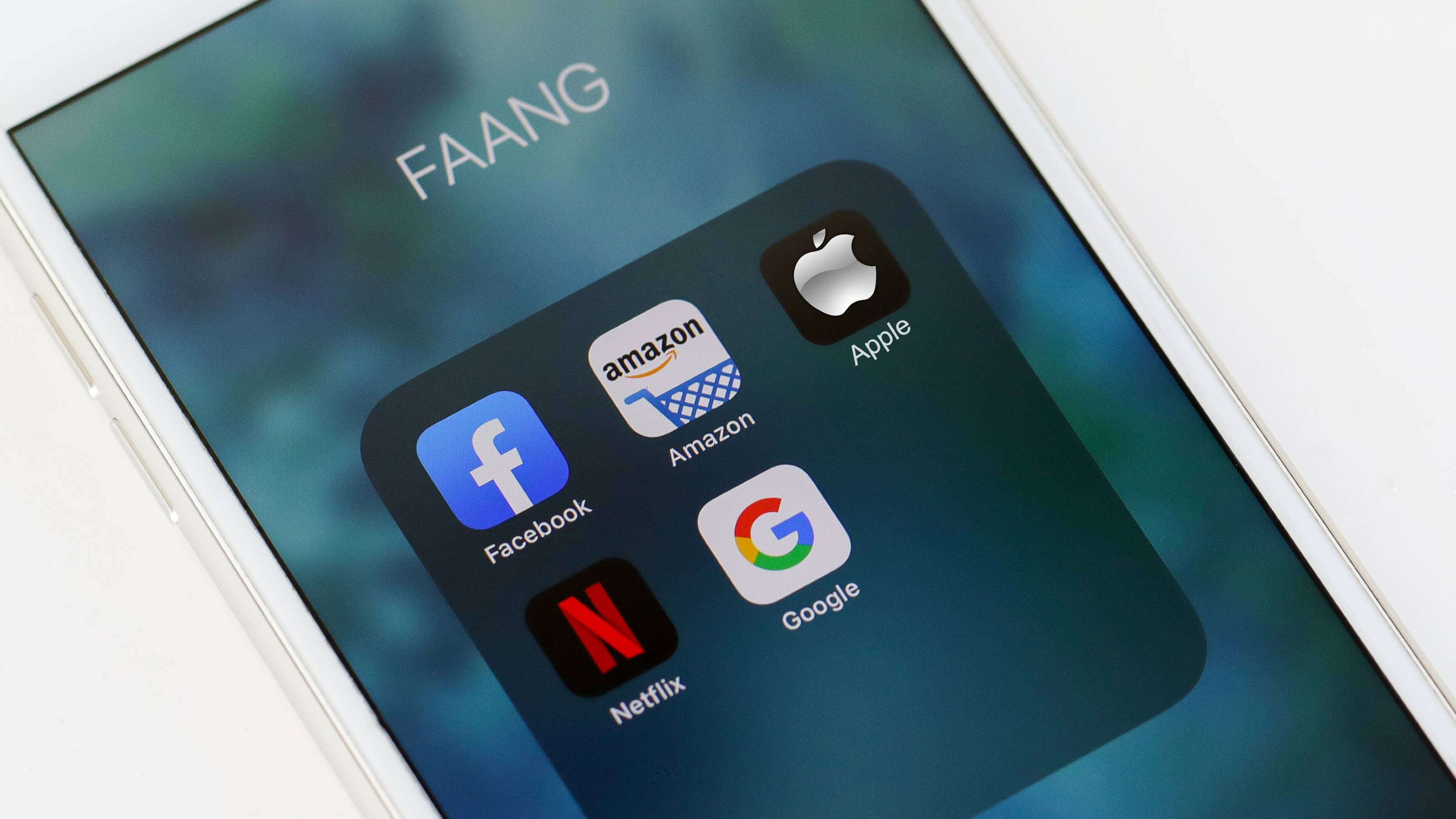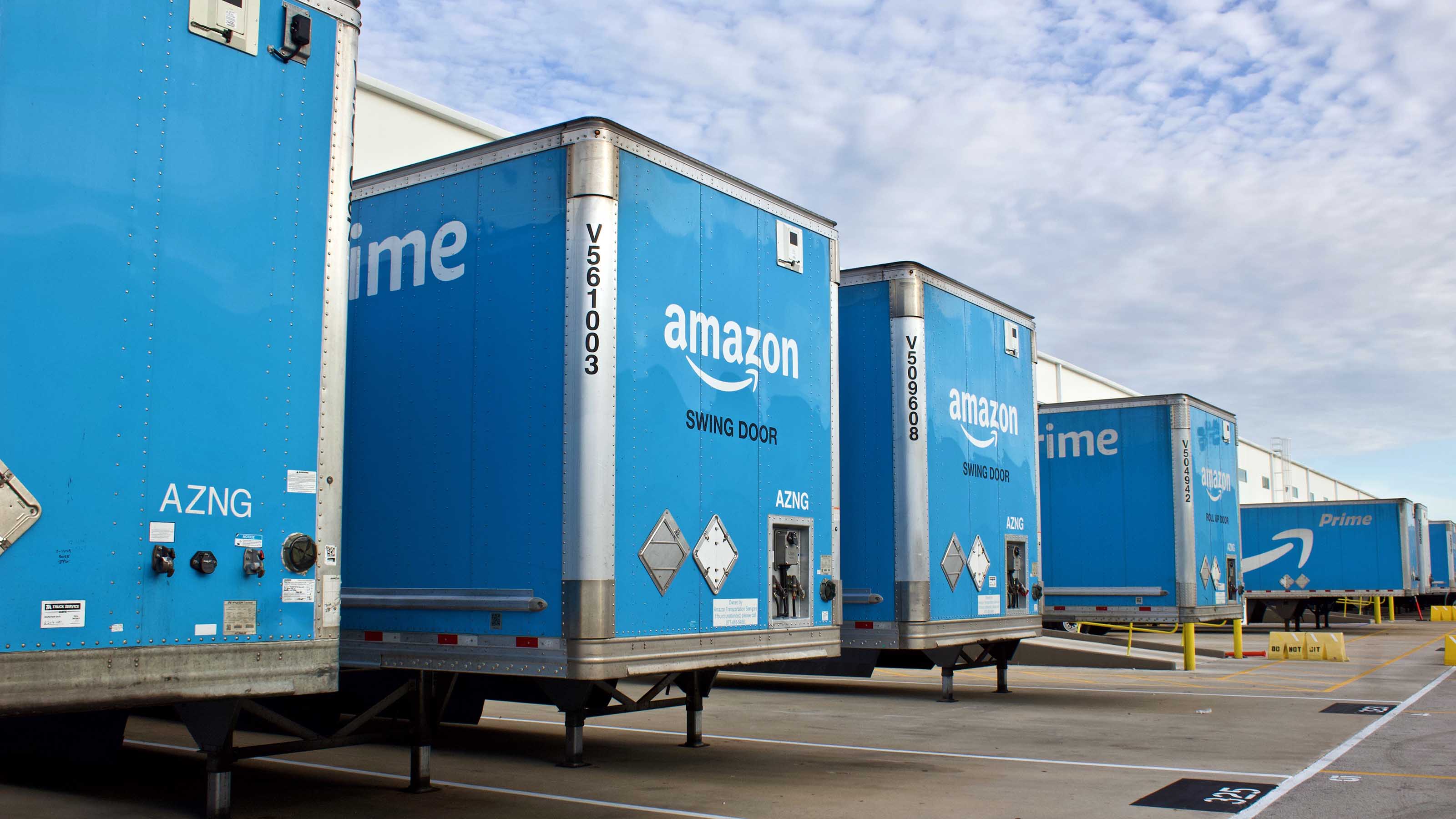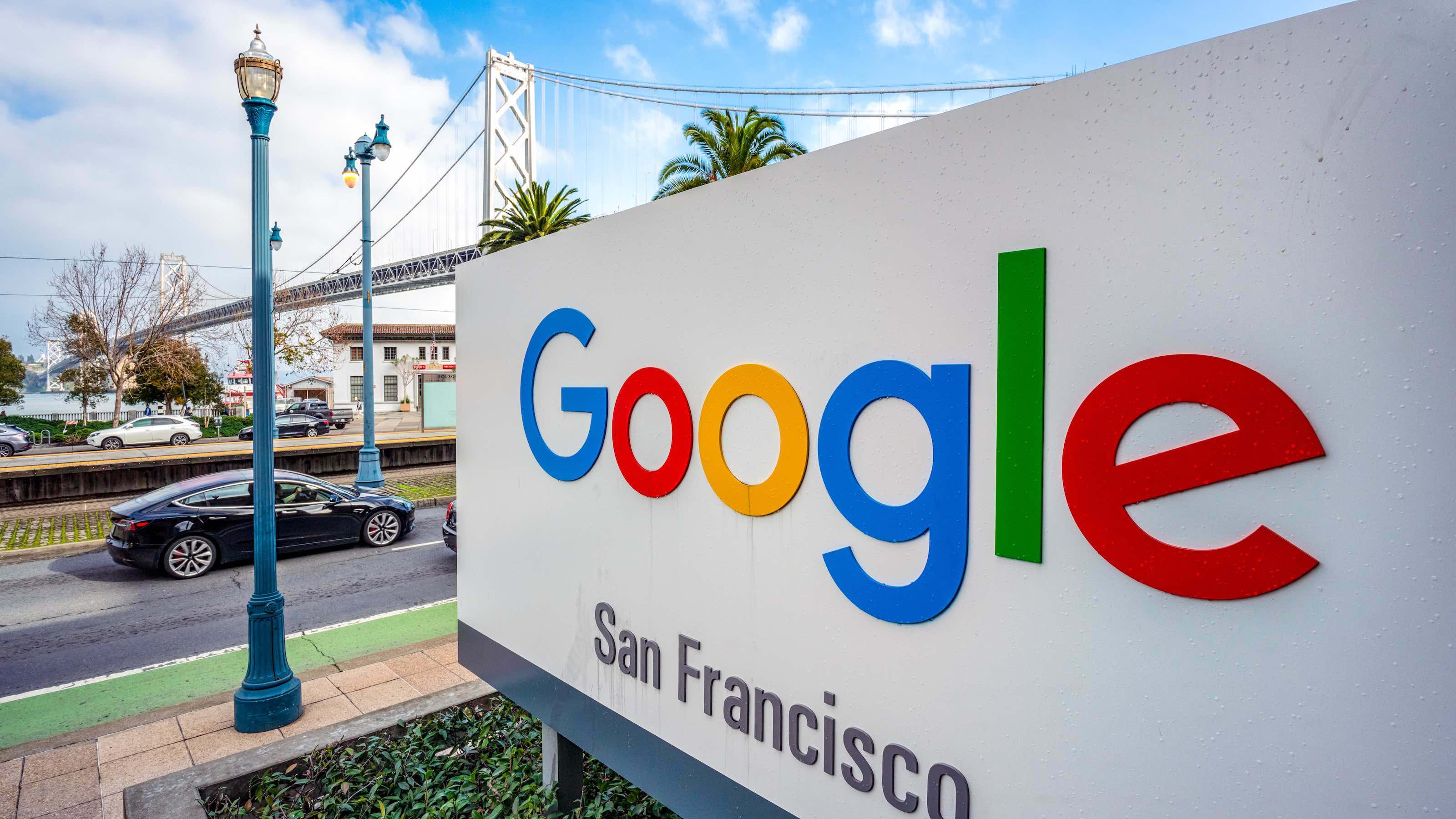
Profit and prosper with the best of Kiplinger's advice on investing, taxes, retirement, personal finance and much more. Delivered daily. Enter your email in the box and click Sign Me Up.
You are now subscribed
Your newsletter sign-up was successful
Want to add more newsletters?

Delivered daily
Kiplinger Today
Profit and prosper with the best of Kiplinger's advice on investing, taxes, retirement, personal finance and much more delivered daily. Smart money moves start here.

Sent five days a week
Kiplinger A Step Ahead
Get practical help to make better financial decisions in your everyday life, from spending to savings on top deals.

Delivered daily
Kiplinger Closing Bell
Get today's biggest financial and investing headlines delivered to your inbox every day the U.S. stock market is open.

Sent twice a week
Kiplinger Adviser Intel
Financial pros across the country share best practices and fresh tactics to preserve and grow your wealth.

Delivered weekly
Kiplinger Tax Tips
Trim your federal and state tax bills with practical tax-planning and tax-cutting strategies.

Sent twice a week
Kiplinger Retirement Tips
Your twice-a-week guide to planning and enjoying a financially secure and richly rewarding retirement

Sent bimonthly.
Kiplinger Adviser Angle
Insights for advisers, wealth managers and other financial professionals.

Sent twice a week
Kiplinger Investing Weekly
Your twice-a-week roundup of promising stocks, funds, companies and industries you should consider, ones you should avoid, and why.

Sent weekly for six weeks
Kiplinger Invest for Retirement
Your step-by-step six-part series on how to invest for retirement, from devising a successful strategy to exactly which investments to choose.
2020 was a tough year by any measure. But if anyone looked back on last year with fondness, it likely would've been investors in the so-called FAANG stocks.
COVID-19 kicked off a stock market crash, forced much of the economy to pivot to a work-from-home model, triggered a recession and record unemployment, and set off a chain of corporate bankruptcies.
However, the various difficulties presented by the COVID-19 pandemic actually played right into the hands of the FAANGs – Facebook, Amazon.com, Apple, Netflix and Google parent Alphabet. These five stocks averaged a 58.0% total return (price plus dividends) in 2020, compared to an 18.4% return for the S&P 500, and largely helped power a 44.9% return for the Nasdaq Composite.
But we're well into 2021 now, and several clouds have begun to amass above the FAANG stocks. In addition to individual problems unique to each company, governmental regulation and taxation are a growing potential headwind to them all.
"The digital economy is growing two-and-a-half times faster than global GDP and unsurprisingly, governments want their cut," says Daniel Eye, head of asset allocation and equity research at Fort Pitt Capital Group. "'If you can't beat 'em, tax 'em,' is the mantra being adopted by many foreign politicians. Governments across Europe, Asia and Canada are either enacting or proposing digital services taxes on U.S. technology companies."
Read on as we look at some of the latest challenges facing the FAANG stocks, as well as what (if anything) each is doing about it. Most analysts remain largely bullish on each of these stocks despite these issues; still, investors are typically served well by fully understanding any headwinds that their holdings face.
Data is as of April 4.

- Market value: $848.8 billion
- 2020 total return: 33.1%
Facebook (FB, $298.66) is like many of the FAANG stocks in that it has been in the crosshairs of U.S. regulators for years.
Primarily, Facebook been the focus of investigations over privacy and what the company does with its users' data. In fact, it started off 2021 by agreeing to pay $650 million to settle a 2015 lawsuit over the alleged unauthorized creation of images gathered from its facial recognition technology.
Much more recently, the personal data of more than 500 million Facebook users was posted online. This information, gained in a 2019 hack, previously was made available to hackers, but the new posting makes it much easier to use.
The specter of antitrust actions always looms over Facebook's head, too. Sen. Elizabeth Warren's campaign included vows to break up big tech, with Facebook (and its Instagram and WhatsApp subsidiaries) among the top targets. Warren lost her presidential bid, of course, but her party won the White House and controls both chambers of Congress. This issue won't disappear anytime soon.
"Facebook always seems to face regulatory risk, and with the recent political regime change, those risks could be elevated in 2021; especially if those regulations limit the application and collection of user and usage data," says Chris Osmond, CFP, CIO at Prime Capital Investment Advisors. "Additionally, should stricter antitrust rules emerge, Facebook could experience acquisition restrictions. Facebook's user data utilization falls under even more scrutiny."
If that's not enough to make Facebook investors a little tense, there's also the continuing problem of millennials and younger users abandoning the platform for "cooler" social media hangouts like TikTok. Then there's the move by Apple to restrict access to user data on iOS – a move that will hit Facebook ad revenue on the platform.
Facebook is playing a fierce game of problem whack-a-mole in response.
Late last year, the company launched Instagram Reels, a short video sharing feature designed to compete against TikTok. It also took out full-page ads and launched a website decrying Apple's latest actions.
However, FB's primary strategy in terms of regulatory challenges has been to play defense. CEO Mark Zuckerberg has made appearances before various committees to defend the company's actions. He also has made frequent announcements about changes to Facebook services in reaction to events – for instance, earlier this year, Facebook stopped recommending political groups in users' News Feeds.

Amazon.com
- Market value: $1.6 trillion
- 2020 total return: 76.3%
The pandemic was a disaster for many companies, but some seemed purposefully designed to thrive in the conditions. Largely speaking, and even among the FAANG stocks, few were in a better position to profit from it than Amazon.com (AMZN, $3,161.00).
Stores shut down and people in lockdown? No problem. Amazon was there to pick up the slack with a massive online shopping presence, backed by an extensive distribution and delivery network. Business was up so much that Amazon went on one of the country's biggest hiring sprees. With bored consumers turning to streaming video and online gaming for entertainment and remote workers using Zoom (ZOOM) and other video chat for meetings, Amazon Web Services (AWS) – the world's largest cloud computing provider – was there to provide the extra bandwidth.
But it'll be difficult for AMZN to repeat its monster 2020 return.
There's the question of what happens to Amazon's e-commerce sales as the vaccine rollout continues and people begin to visit more brick-and-mortar locations. Prime Capital's Chris Osmond acknowledges this might have an impact on Amazon's sales, but sees it as a short-term concern:
"It's not unfathomable to envision consumers wanting to flock back to brick-and-mortar retail stores once restrictions are lifted," he says. "However, that could very well be more of a transitory trend; only placing relatively short-term pressure on AMZN."
But Amazon also continues to face antitrust investigations in the European Union, where AMZN is accused of unfairly competing against third-party marketplace sellers on its platform. It also faced a domestic antitrust investigation centered around its AWS platform in 2019. (Amazon Web Services generates the lion's share of Amazon's operating profit, so anything threatening this service is worth watching.)
Amazon's response to antitrust challenges has primarily been to deny and defend against accusations. But soon, it will be doing so with a new voice. Company founder and CEO Jeff Bezos will step down in the third quarter, with longtime AWS leader Andy Jassy taking over as CEO.

Apple
- Market value: $2.1 trillion
- 2020 total return: 82.3%
Apple (AAPL, $123.00) took the crown among FAANG stocks in 2020 with an impressive 82%-plus total return.
It too faces a few hills in 2021.
We'll start with Apple's fight against Epic Games over Apple's cut of Fortnite revenue, which led to Apple blocking the popular game and any updates to installed iOS versions through the App Store in 2020. A court battle with Epic over App Store fees is expected to go to trial in May. A potential Department of Justice probe also looms. A loss here could have far-reaching consequences for Apple's lucrative App Store revenue.
The DoJ also is investigating the company's "Sign in With Apple" button on iOS and macOS. Specifically, it's looking into concerns that this button discriminates against other phone makers.
Apple also continues to face lawsuits from consumer associations in several European countries over the "planned obsolescence" issue that saw the company throttle performance on older iPhones. And as mentioned before, Facebook is going after Apple for planned changes to iOS that would make it more difficult to track users across apps.
What has the company been doing to defend against these threats?
In November, Apple tried to reduce the App Store pressure by announcing it would halve its cut for apps and services with less than $1 million in sales to 15%. Apple also is doubling down on privacy, making it a key selling point of iOS 14, which will be released in the fall. Indeed, Apple CEO Tim Cook has been on the offensive, trash-talking Facebook's business model. Speaking at a January conference, Cook didn't name Facebook specifically, but his target was clear:
"If a business is built on misleading users, on data exploitation, on choices that are no choices at all, it does not deserve our praise. It deserves reform."
While you can expect Apple's legal team to be spending a lot of time in the courts – in both the U.S. and Europe – in 2021, not all of Apple's issues are legal in nature.
One that particularly stands out is the FAANG stock's foray into streaming with Apple TV+, which has so far failed to get the subscriber count Apple was hoping for.
In January, Apple announced that free trials of Apple TV+ would be extended until July 2021 and paying customers would be credited for their payment from February through July. The company is hoping the free access and a continued investment in original content will eventually get users hooked and convince them to start paying.
Want to learn more about what will drive Apple stock in 2021? Be sure to check out our feature.

Netflix
- Market value: $238.9 billion
- 2020 total return: 67.1%
Like Amazon, Netflix (NFLX, $539.42) found itself to have a perfect business model for a pandemic. A demand for at-home entertainment resulted in an unexpected subscriber boost; in the first six months of 2020, that amounted to an additional 25 million new subscribers.
However, Netflix finds itself in challenging times.
After the stellar start to 2020, subscriber additions fell to four-year lows in Q3 2020. During the fourth quarter, Netflix added 8.5 million subscribers – better than analysts expected, but a 3% decline in additions from the year-ago quarter.
Pandemic lockdowns easing will be problematic, but more so just given the glut of competition that has entered the fray over the past couple years. Name a media company, and it probably has its own video streaming service now. The most notable addition of late was Walt Disney's (DIS) November 2019 launch of Disney+. At the time, Disney aimed to reach 60 million to 90 million subscribers by 2024. Several weeks ago, the company announced that Disney+ was already at 94.9 million.
The dramatic increase in competition means media companies like Disney have been pulling content from Netflix to become exclusives on their own services. Chris Osmond points out the dual effect of the fading pandemic and increased competition.
"In an attempt to retain and capture new subscribers, NFLX is spending billions of dollars on original content creation," he says. "Unknown is the impact on NFLX earnings in 2021, particularly in the second half of the year when the strict COVID mandates are expected to ease.
"So much is unknown surrounding consumer behavior once restrictions are lifted, and should consumers spend their time and dollars outside of the home, NFLX could experience shrinking margins. With the global rollout of Disney+ and launches of Peacock and HBO Max, NFLX also faces significant increased competition for subscriber dollars."
Netflix also faces tax issues abroad, says Pitt Capital's Daniel Eye. For example, the government of Canada is expected to begin charging either the Goods and Services Tax (GST, 5%) or Harmonized Sales Tax (HST, 13% to 15%) for Netflix. Either way, this means additional cost to Netflix (even if it collects the tax from customers instead of absorbing it).
Here, NFLX doesn't have many other answers other than raising prices (which it did in December) and continuing to spend big on original content.

Alphabet
- Market value: $1.4 trillion
- 2020 total return: 31.0%
Finally, it's time to look at Google parent Alphabet (GOOGL, $2,129.78). Of the FAANG stocks, Google delivered the smallest return in 2020.
But it has had the most success in 2021, up 22% versus single-digit gains and even losses for the rest of the FAANGs.
Alphabet has had a few technological challenges of late. For instance, while its Pixel smartphones quickly gained a reputation for their high-quality cameras shortly after 2016 launch, the phones have failed to sell in any great number, and competitors like Apple's iPhone have closed the camera app. Google switched from flagship to mid-range models, and now Pixel smartphones receive more red marks for their quality and lack of horsepower.
The Pixel 6 is expected this October. What's not known is whether Google will go even further downmarket and cut prices in an attempt to sell more units, or go back to trying to out-innovate Apple.
And while the company's streaming game service, Stadia, should have had a shining moment in 2020, it didn't. Stadia, which launched in November 2019, promised a high-end PC gaming experience on virtually any connected device, with Google's servers doing all the heavy processing. And yet 15 months later, on Feb. 1, Google announced it was shutting down its in-house Stadia game development studio, casting doubt on its commitment to Stadia and the game streaming service's future. Now, 2021 is shaping up to be a make-or-break year for the service.
But without a doubt, Google's single largest hurdle to overcome in 2021 will be ongoing antitrust investigations around its dominance of internet search.
In 2019, Google's use of search to promote paid advertising earned it $9.2 billion in fines from the EU for violating antitrust regulations. Similar investigations have been ongoing in Google's home territory. In the latest development, a bipartisan group of 38 state attorneys-general launched an antitrust suit in December. This was the third such suit filed against Google in a year.
The company's response has been blog posts defending its operation, aimed at consumers. In response to the December suit, Google's director of public policy wrote:
"To get more specifically to the issues raised in today's lawsuit: it suggests we shouldn't have worked to make Search better and that we should, in fact, be less useful to you."
Ultimately, the courts will decide Google's fate. Expect Google's legal team to be busy in 2021.
Profit and prosper with the best of Kiplinger's advice on investing, taxes, retirement, personal finance and much more. Delivered daily. Enter your email in the box and click Sign Me Up.

Brad Moon is a tech industry veteran who contributes to a range of publications including Forbes, InvestorPlace and MSN Money and is an original member of the award-winning GeekDad blog. Over the past decade, he has also written about technology for Wired, Gizmodo, Shaw Media, About.com, The Winnipeg Free Press and others.
-
 The New Reality for Entertainment
The New Reality for EntertainmentThe Kiplinger Letter The entertainment industry is shifting as movie and TV companies face fierce competition, fight for attention and cope with artificial intelligence.
-
 Stocks Sink With Alphabet, Bitcoin: Stock Market Today
Stocks Sink With Alphabet, Bitcoin: Stock Market TodayA dismal round of jobs data did little to lift sentiment on Thursday.
-
 Betting on Super Bowl 2026? New IRS Tax Changes Could Cost You
Betting on Super Bowl 2026? New IRS Tax Changes Could Cost YouTaxable Income When Super Bowl LX hype fades, some fans may be surprised to learn that sports betting tax rules have shifted.
-
 Stocks Sink With Alphabet, Bitcoin: Stock Market Today
Stocks Sink With Alphabet, Bitcoin: Stock Market TodayA dismal round of jobs data did little to lift sentiment on Thursday.
-
 Dow Leads in Mixed Session on Amgen Earnings: Stock Market Today
Dow Leads in Mixed Session on Amgen Earnings: Stock Market TodayThe rest of Wall Street struggled as Advanced Micro Devices earnings caused a chip-stock sell-off.
-
 Nasdaq Slides 1.4% on Big Tech Questions: Stock Market Today
Nasdaq Slides 1.4% on Big Tech Questions: Stock Market TodayPalantir Technologies proves at least one publicly traded company can spend a lot of money on AI and make a lot of money on AI.
-
 Fed Vibes Lift Stocks, Dow Up 515 Points: Stock Market Today
Fed Vibes Lift Stocks, Dow Up 515 Points: Stock Market TodayIncoming economic data, including the January jobs report, has been delayed again by another federal government shutdown.
-
 Stocks Close Down as Gold, Silver Spiral: Stock Market Today
Stocks Close Down as Gold, Silver Spiral: Stock Market TodayA "long-overdue correction" temporarily halted a massive rally in gold and silver, while the Dow took a hit from negative reactions to blue-chip earnings.
-
 Nasdaq Drops 172 Points on MSFT AI Spend: Stock Market Today
Nasdaq Drops 172 Points on MSFT AI Spend: Stock Market TodayMicrosoft, Meta Platforms and a mid-cap energy stock have a lot to say about the state of the AI revolution today.
-
 S&P 500 Tops 7,000, Fed Pauses Rate Cuts: Stock Market Today
S&P 500 Tops 7,000, Fed Pauses Rate Cuts: Stock Market TodayInvestors, traders and speculators will probably have to wait until after Jerome Powell steps down for the next Fed rate cut.
-
 S&P 500 Hits New High Before Big Tech Earnings, Fed: Stock Market Today
S&P 500 Hits New High Before Big Tech Earnings, Fed: Stock Market TodayThe tech-heavy Nasdaq also shone in Tuesday's session, while UnitedHealth dragged on the blue-chip Dow Jones Industrial Average.

